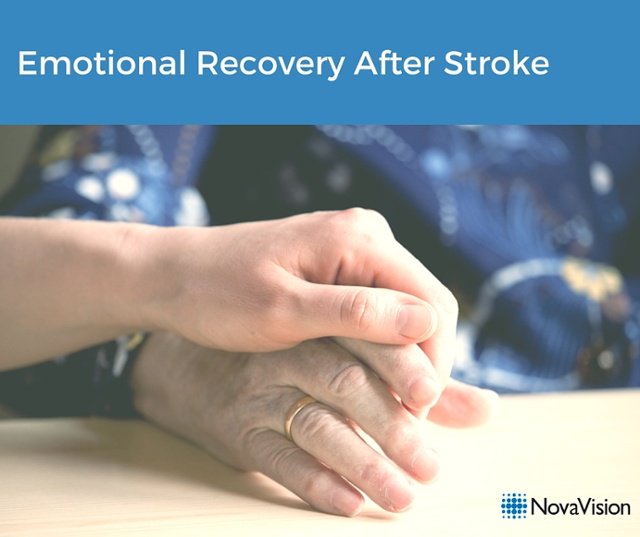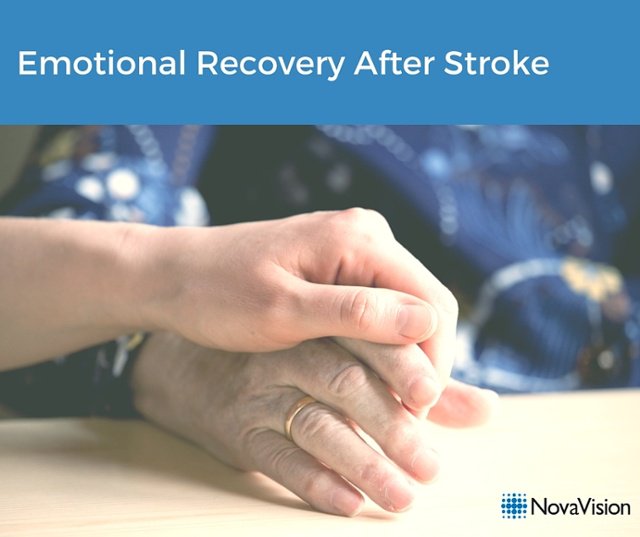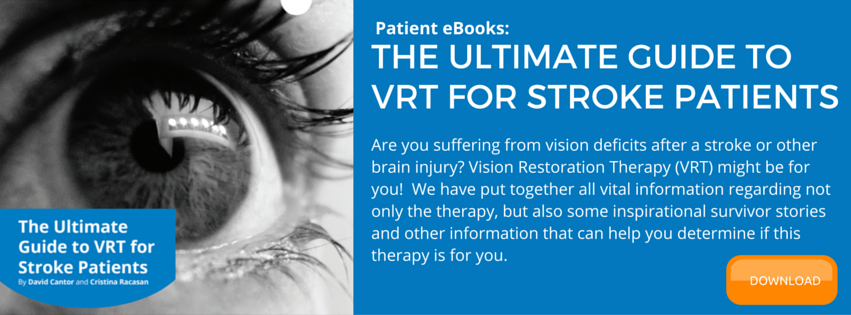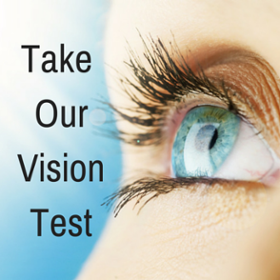
The recovery process that follows a stroke goes beyond the physical side effects. Survivors often experience emotional and behavioral challenges as well. Since a stroke has a direct impact on the brain, strokes can have a significant effect on your behavior and emotions. It isn’t uncommon for stroke survivors to feel anxiety, anger or depression. The injuries sustained from a stroke may cause the patient to become forgetful, irritable, careless or confused. As with the physical injuries sustained by stroke, changes in behavior and emotional health can also improve over time.
It is important to note that emotional symptoms vary greatly from patient to patient and may be difficult to identify at first. Immediately following a stroke, a survivor may respond one way, yet weeks later respond differently. Whether the survivor reacts with sadness or a more cheerful demeanor, emotional health is a very real part of the recovery process.
How does stroke cause emotional changes?
Some changes in behavior are a direct result of the physical injury and chemical changes to your brain caused by the stroke. Since different parts of your brain control different functions in your body, if the part of your brain that controls your emotions is damaged by the stroke, there can be a significant change in how you think, feel or behave 1.
Others changes in your emotions are your way of reacting to the new challenges, fears and frustrations of being a patient. A stroke is a traumatic experience and one that happens without warning, so adjusting to your new daily life can cause stress, anxiety, and even depression for many patients.
What are some common emotional changes after stroke?
One of the most common emotional symptoms after a stroke is known as the Pseudobulbar Affect, also known as emotional lability, reflex crying, or labile mood. This is one of the most frequently reported post-stroke behavior conditions, with approximately 50% of all stroke survivors experiencing it at some point during their recovery 2. Pseudobulbar Affect typically occurs when the damaged areas in the brain disrupts the brain’s normal signaling, causing a ‘short circuit’ and triggering involuntary episodes of crying or laughing 3.
Post-stroke depression is also common among stroke survivors. There isn’t one direct cause for this condition as a combination of factors lead to depression including the sudden nature of strokes and the life long impact it has on the patient. Aside from the physical damage to your brain, genetics and social factors also contribute to depression 1. In addition to these two common conditions, feelings of frustration, anxiety, anger, apathy and a general lack of motivation are all possible emotional side effects from stroke.
Coping Mechanisms to Aid Your Recovery
Emotional recovery means never having to say you’re sorry! It is important to let yourself deal with these changes in your behavior without apologizing for your emotions. Joining a local support group can be an excellent way to cope alongside other people who understand what you’re going through first hand. Immersing yourself in a positive environment with like-minded people can help you “talk” to yourself in a positive way and be more tolerantwith making mistakes. Recovery is a long process and it’s different for every patient. Instead of focusing on the things you may still struggle with, focus on the progress you’ve made.
Beyond finding support and keeping a positive attitude, your physical recovery can have a significant impact on your emotional recovery as well. Although it may be challenging, be sure to get enough exercise and stay active when possible. On the other hand, it is equally important to get enough sleep and rest when you feel fatigued. When continuing with you emotional recovery after stroke, as well as the physical side effects, always listen to your body and never be afraid to ask your doctor for additional help and guidance.



